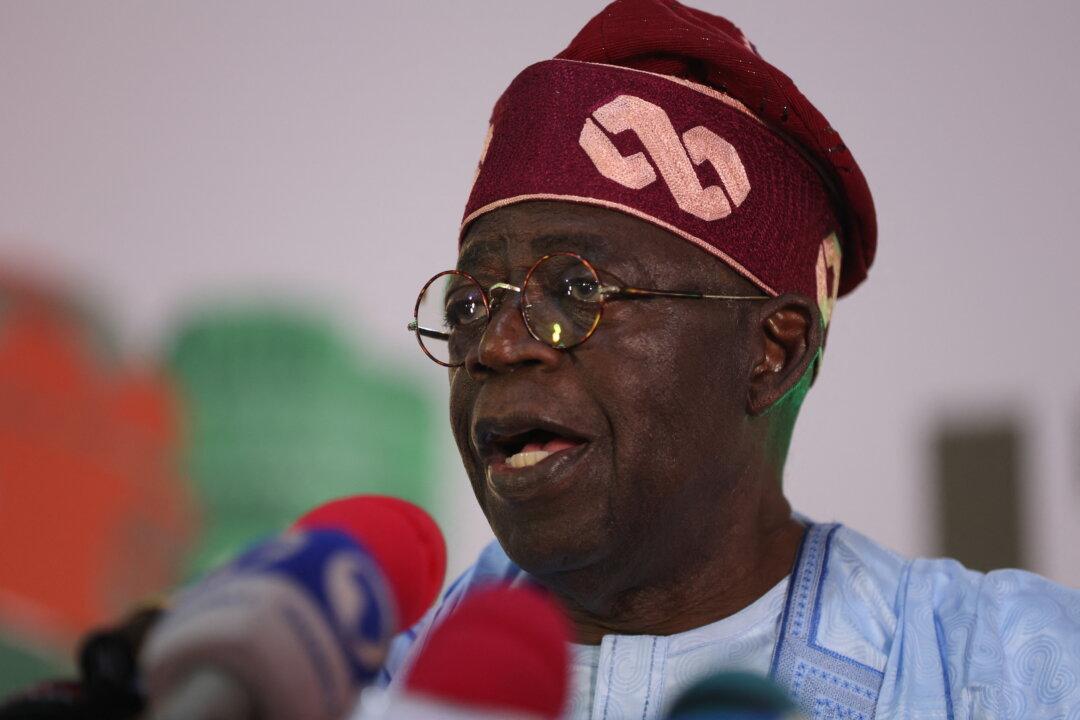Commentary
Nigeria’s 2023 presidential election statistically and overwhelmingly failed to represent the majority of Nigerian citizens—let alone voters—and instead, delivered a new All-Progressives Alliance President in Bola Ahmed Tinubu.

Nigeria’s 2023 presidential election statistically and overwhelmingly failed to represent the majority of Nigerian citizens—let alone voters—and instead, delivered a new All-Progressives Alliance President in Bola Ahmed Tinubu.